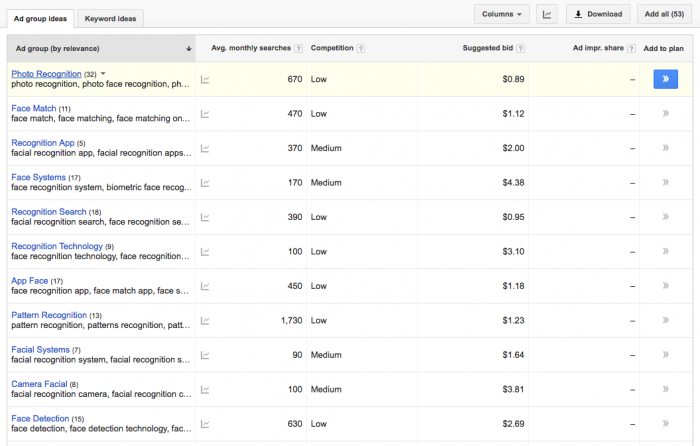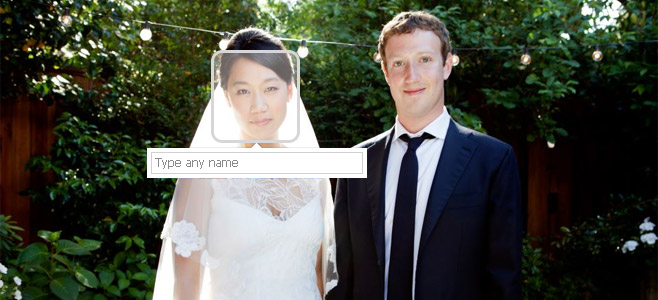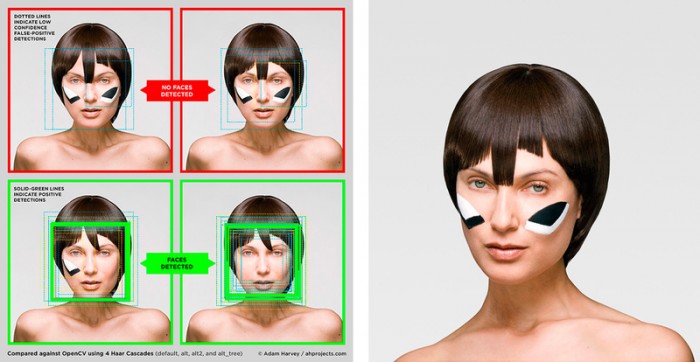Recognition: from Latin re- “again” and cognoscere “know”. To know again and again, because you’ve already known before.
Something can be recognized because it is familiar,
a problem may be recognized ~ acknowledged,
somebody may be recognized because they are already known,
somebody may also be recognized for what they are.

One could assume that a lot of people actually do want to be recognized, either because they are familiar, or because they are already known, or just because they are what they are. To be recognized in one’s professional field. To be recognized by colleagues. To be recognized by society. And so on.
However, a quick analysis of collective subconscious yields slightly different results:

“Pattern recognition”
“Facial recognition”
“Recognition apps”
“Voice recognition”
[…]The collective subconscious has transcended its own vanity inclinations
and is now busy outsourcing its cognitive capacities to machines.
The people will now be recognized on the screens.
To be known again through the artificial means.
“This kind of interplay
is easy to forget
but important to remember
when one becomes engrossed
in the details
of a specific problem.
For a successful pattern recognizer
is the one who has matched
his or her particular data
to an algorithmic technique.”
– claims one of the most recognized studies on pattern recognition (*).
/to be recognized for developing the best recognition software on the market/

“The fuzzy set was conceived
as a result of an attempt
to come to grips
with the problem of pattern recognition
in the context
of imprecisely defined
categories.
In such cases,
the belonging of an object
to a class
is a matter of degree,
as is the question of whether or not a group of objects form a cluster.”
To be recognized by an algorithm.
To belong to a class,
a group of objects,
a cluster.
For something can only be recognized
when it belongs to a certain category
that already exists.
Therefore, in this world, to be recognized for what you are
really
is to not be recognized at all.

